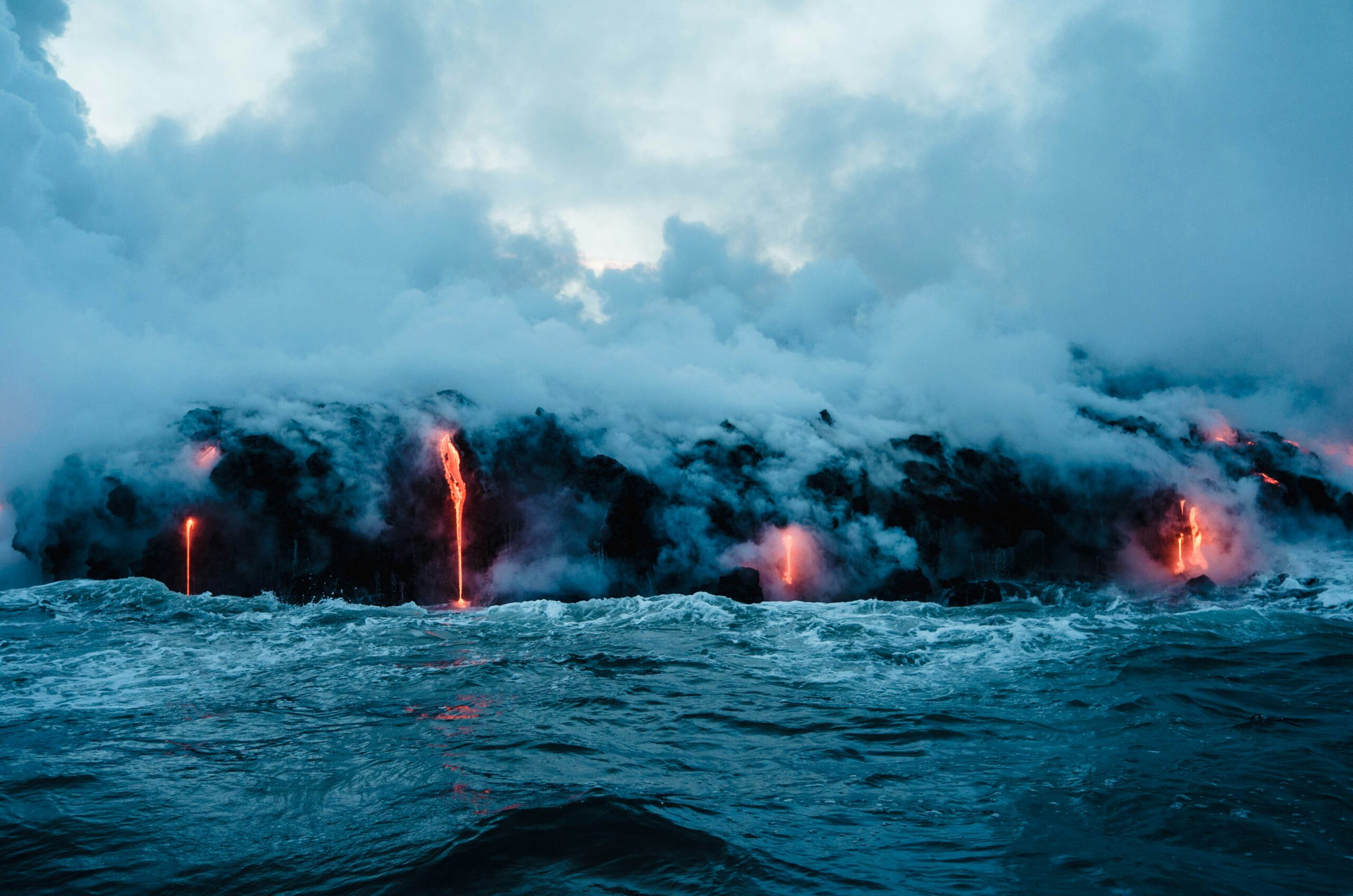
01 Nov Spiritual Materialism
As soulless structures collapse on a massive scale and soulfulness gains structure, there have never been more spiritual seekers. The contrasts within and around us seem greater than ever, and our need to experience connection and unity once again drives us to study and practically apply ancient traditions.
One could argue that what propels us forward is an unfulfilled longing to reunite with life—free, all-encompassing, and boundless. According to the physical principles of creation, an antagonist or opposing force is required to set this quest into motion and ultimately fulfil it. That antagonist is the ego—the seeker within us that perpetually embarks on adventures in search of the Holy Grail. This Holy Grail represents enlightenment, the ultimate liberation from all suffering.
Buddhists assert that our sense of separation is the root of all suffering. Life instils in us the belief, the feeling, and the experience that we no longer belong, that everything happening to us is personal, requiring understanding and resolution. In terms of creation, this is a brilliant design, as it generates precisely the illusion necessary to experience individuality.
From this veil of illusion, the seeker embarks on a quest to rediscover unity. This seeker is a contracted energy with a singular purpose and devoted task: seeking. This quest creates the unique and personal life story with which we fully identify. Due to this identification, it becomes of paramount importance to the seeker to maintain the narrative—it is who we believe we are. The seeker thrives on this story and, driven by an unparalleled survival instinct, will do everything possible to reinforce and expand it. What the seeker fears most is its own absence, and this existential fear compels it to devise various cunning and subtle strategies to continually distract from what is and lure us away from what presents itself in our consciousness.
The most effective way to avoid enlightenment is to seek it. What the seeker truly desires is not found in the future or the past but in the present moment. It is life itself in all its facets. Life is the very source from which the seeker, the seeking, and the illusion of separation arise and are made. It knocks on the door 24 hours a day, yet the seeker is never home to answer. The seeker has embarked on a journey to find what was never lost.
The seeker and the ego want nothing to do with this reality. They have a completely different idea of what enlightenment means. For the seeker, enlightenment is akin to winning the grand prize in the spiritual lottery—a life filled with superpowers, free from illness, never experiencing anger, fear, or sadness again. This notion of freedom ensures that valuable experiences and insights are hijacked and used to sustain and enrich the seeker’s narrative. It becomes a strategic investment in the ego, the story, and the seeker—even beyond death. One might wonder whether the concept of reincarnation and past lives is a brilliant strategy devised by the seeker to ensure its survival even after physical death.
This clever appropriation of spiritual wisdom and insights by the seeker to fortify the ego has been described by Chögyam Trungpa Rinpoche (1939–1987) as ‘spiritual materialism.’ He remarked: “On the spiritual path, self-deception is a constant problem. The ego is always trying to acquire spirituality, which is like attending your own funeral. Depending on the intensity of our willpower, we might become inwardly focused in a way that is too serious, too rigid, and too inflexible. Such an approach does not lead to openness, energy, or humour. Instead, it becomes overly weighty and could easily become dogmatic. This means that those engaging in such practices believe they must discipline themselves, thinking they must be extremely serious and solemn. It leads to competitive thinking—the more we control our minds, the more successful we believe we are—and that is a rather dogmatic, authoritarian approach. This future-oriented mindset is typical of the ego: ‘I want to achieve certain results. I have an ideal theory or dream that I want to realise in practice.’ We tend to live in the future, shaping our perspective based on our expectation of achieving an ideal goal. This expectation prevents us from experiencing the precision, openness, and intelligence of the present. We become captivated, blinded, and overwhelmed by our own idealised goal.”
Within the unparalleled clarity, boundlessness, and brilliance of the present moment lies the true freedom of life, which can only be realised when the seeker ceases to exist. It appears to be an insoluble paradox—searching for a way to stop searching. Trungpa offered what I consider to be one of the most valuable suggestions ever made to calm, and possibly dismantle, the relentless drive of seeking: “Since all things are naked, clear, and free from obscurations, there is nothing to attain or realise. The everyday practice is simply to develop a complete acceptance and openness to all situations and emotions, and to all people—experiencing everything totally without reservations and blockages, so that one never withdraws or centralises onto oneself.”



No Comments